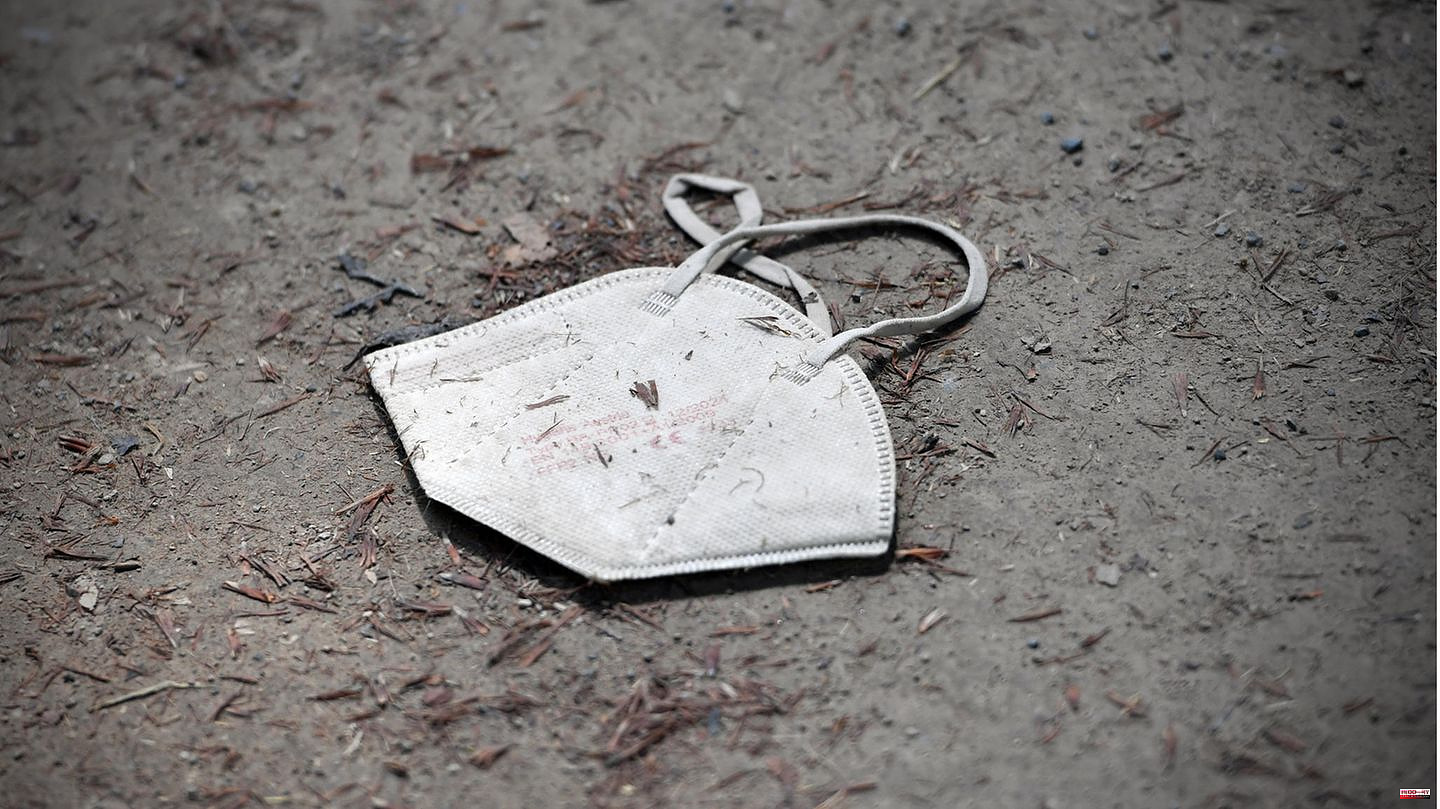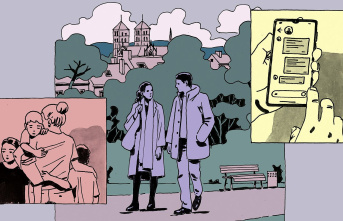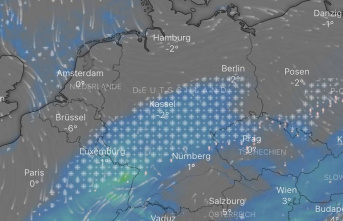did we make it Is the coronavirus pandemic over? When it comes to two top German doctors, yes. Independently of each other, Christian Drosten, Head of Virology at the Berlin Charité, and Christian Karagiannidis, President of the German Society for Internal Intensive Care Medicine and Emergency Medicine, venture a positive prognosis at the end of the year.
Drosten, whose expertise was already in high demand at the beginning of the pandemic, now said in the Berlin "Tagesspiegel": "This winter we are experiencing the first endemic wave with Sars-Cov-2, in my opinion the pandemic is over."
The World Health Organization (WHO) and the Robert Koch Institute (RKI) describe a pandemic as “a new, but temporary, global spread of an infectious disease with high numbers of cases and usually also with severe disease courses”. On March 11, 2020, the WHO declared the Covid-19 pandemic.
Drosten now sees this phase as passed. He assumes that "after this winter we will have such a broad and resilient population immunity that the virus can hardly get through in the summer," he continued.
Christian Karagiannidis, who helped set up the Divi intensive care register during the course of the pandemic, also sees it that way. He told the editorial network Germany: "We notice that the immunity situation of the population is solid and we have significantly fewer Covid patients in the intensive care units." He expects the pandemic to end after this winter. "I don't think we'll see another setback." Both have been among the closest advisers to the federal government since the beginning of the pandemic.
Other experts agree with them. The chairman of the Standing Vaccination Commission (Stiko), Thomas Mertens, had already said at the end of October that he now considered Sars-CoV-2 to be an endemic virus. The Frankfurt virologist Martin Stürmer also supports the assessment: "The virus will accompany us, it will also continue to develop, but it will not affect us in the way it did in the first few years," he said on West German radio.
At least the bare numbers seem to agree with the experts. According to the RKI, the seven-day incidence is almost 190, a value that would have alarmed in earlier times, but the burden on hospitals from Covid patients is decreasing. And the feared winter wave has not materialized so far. The number of deaths in connection with a Sars-Cov-2 infection has now leveled off between 100 and 150 a day - still high values, but anyone who asks around will feel: The coronavirus has lost its horror.
So it's no wonder that the latest statements by Drosten, Karagiannidis and Co. are calling politics into action. Federal Minister of Justice Marco Buschmann was one of the first to speak up. The FDP politician demanded via Twitter: "As a political consequence, we should end the last corona protection measures." They have now been reduced to a minimum anyway. In addition to visiting regulations in clinics and nursing homes, the obligation to wear mouth and nose protection on public transport is one of the last relics from the peak of the pandemic in many places.
Other politicians were more reserved than Buschmann. For Lower Saxony's Prime Minister Stephan Weil (SPD) the following applies: get through the winter well first. The state government in Schwerin by Manuela Schwesig (SPD) would like to overturn the obligation to isolate and wear a mask in local transport after winter at the earliest. And Saxony's Prime Minister Michael Kretschmer (CDU) wants to make a new decision in January on how to proceed - but is already emphasizing that personal responsibility when wearing a mask in local transport is important to him.
The President of the German Medical Association, Frank Ulrich Montgomery, also relies on personal responsibility in the current situation: "Relaxation doesn't mean that you can let go of all precautionary measures, you have to pay a little more attention to yourself and your environment," he told the Bavarian Broadcast. Montgomery advocated wearing masks in doctor's offices - also in cramped and poorly ventilated indoor spaces. As an example, he named subways and suburban trains during rush hour.
Doctor and Greens health politician Janosch Dahmen called for patience. It makes sense "if we protect ourselves more consistently here on site with masks, distance and ventilation and keep chains of infection short, not only with Corona (...)," he told the "Rheinische Post" with regard to the many staff shortages in the healthcare. "More consideration would be the order of the day here, because there is good reason to hope that thanks to the vaccination, at least with Corona, the end of winter in Germany should be over for the time being."
Health Minister Karl Lauterbach was also cautious: "An immediate end to all measures would be reckless and is not demanded by Christian Drosten either," said the SPD politician. "Christian Drosten is right that we have entered the endemic state of the corona waves, the waves only affect parts of the population," said Lauterbach. Nevertheless, it is now still important to protect the people who are particularly at risk, for example by using masks in care facilities or by isolating at work.
Despite the restrained euphoria about Corona: The clinics in Germany are still groaning under high pressure, the RS virus that is circulating and the influenza are causing many hospital admissions, and the high level of sick leave among employees is doing the rest. The burden on the healthcare system remains high.
And despite all the forecasts, there is another big unknown when it comes to dealing with the coronavirus pandemic: the situation in China. After the end of the zero-Covid policy, a previously unknown wave of infections piled up there - with the risk that new mutations of the pathogen would arise and that these could also reach Europe. A stop to the flight connections there has therefore long been discussed in Germany.
However, Green politician Janosch Dahmen remains relaxed: "Germany is (...) thanks to the vaccines that have been adapted again and many booster vaccinations, much better prepared for the winter today than in the past two years. This also helps us with a view to the situation in China."
Top virologist Christian Drosten also does not believe that the situation in China will become a new danger in this country and that immunity in this country will remain high. "Unless there is a nasty surprise, another mutation leap. But I don't expect that anymore at the moment either."
Sources: Robert Koch Institute (1), Robert Koch Institute (2), "Tagesspiegel" (paid content), editorial network Germany, "Rheinische Post", Westdeutscher Rundfunk, Bayerischer Rundfunk, Marco Buschmann on Twitter, news agencies DPA and AFP












